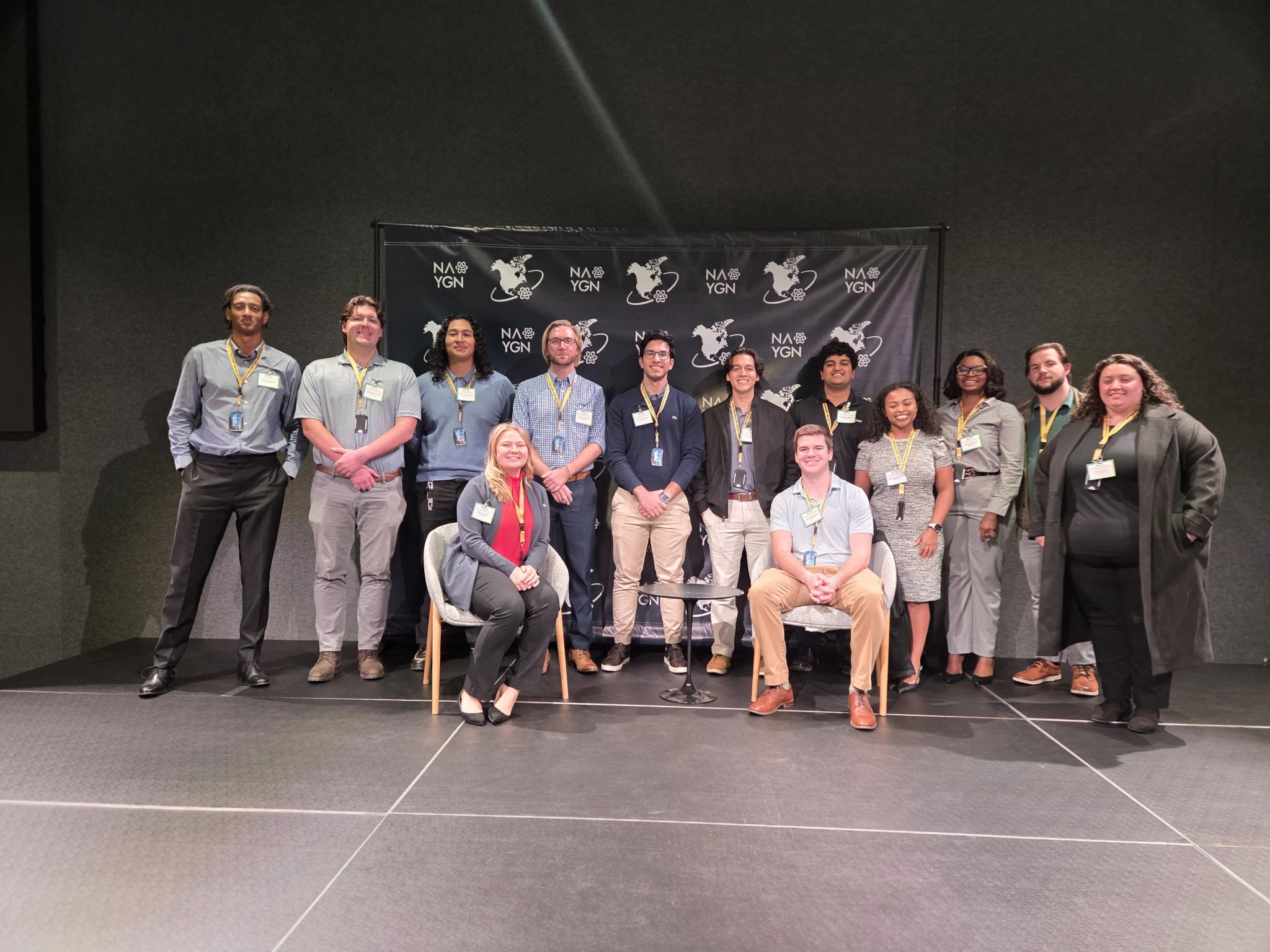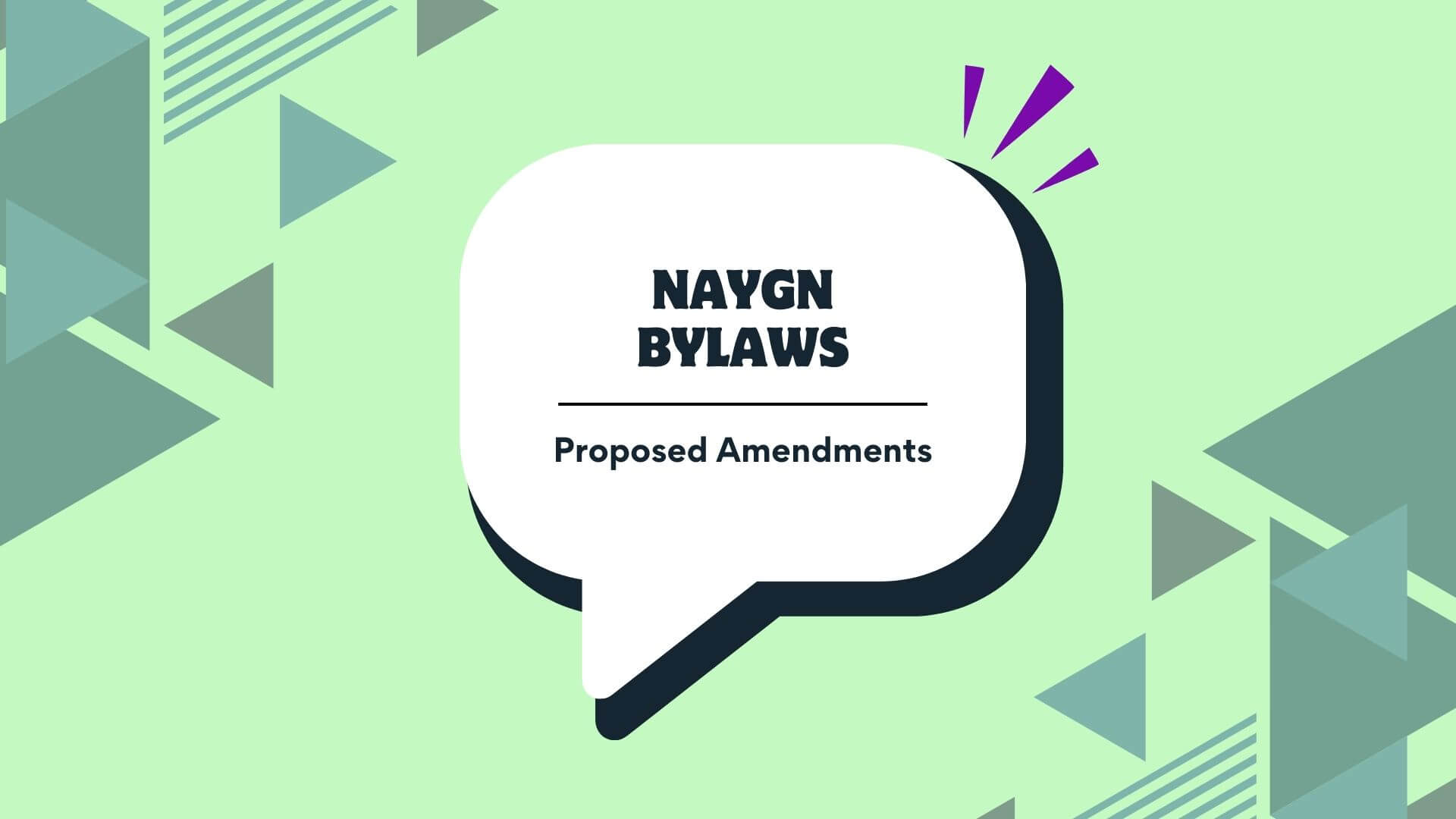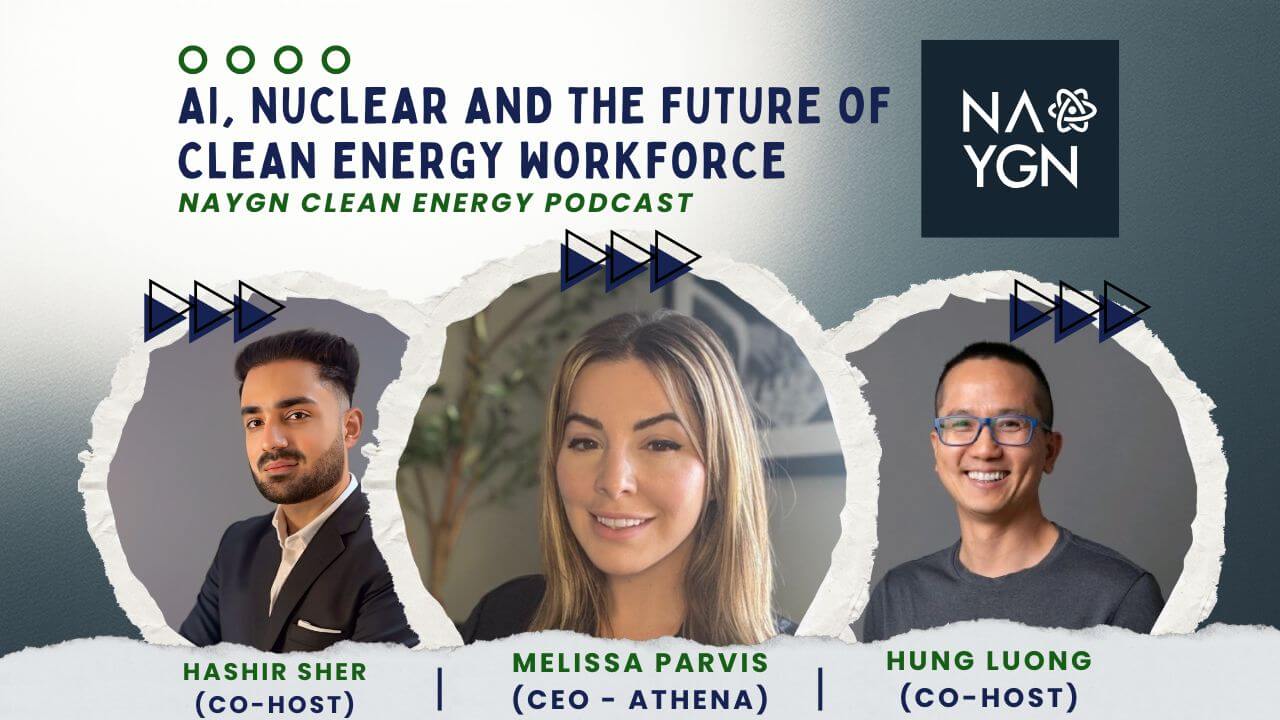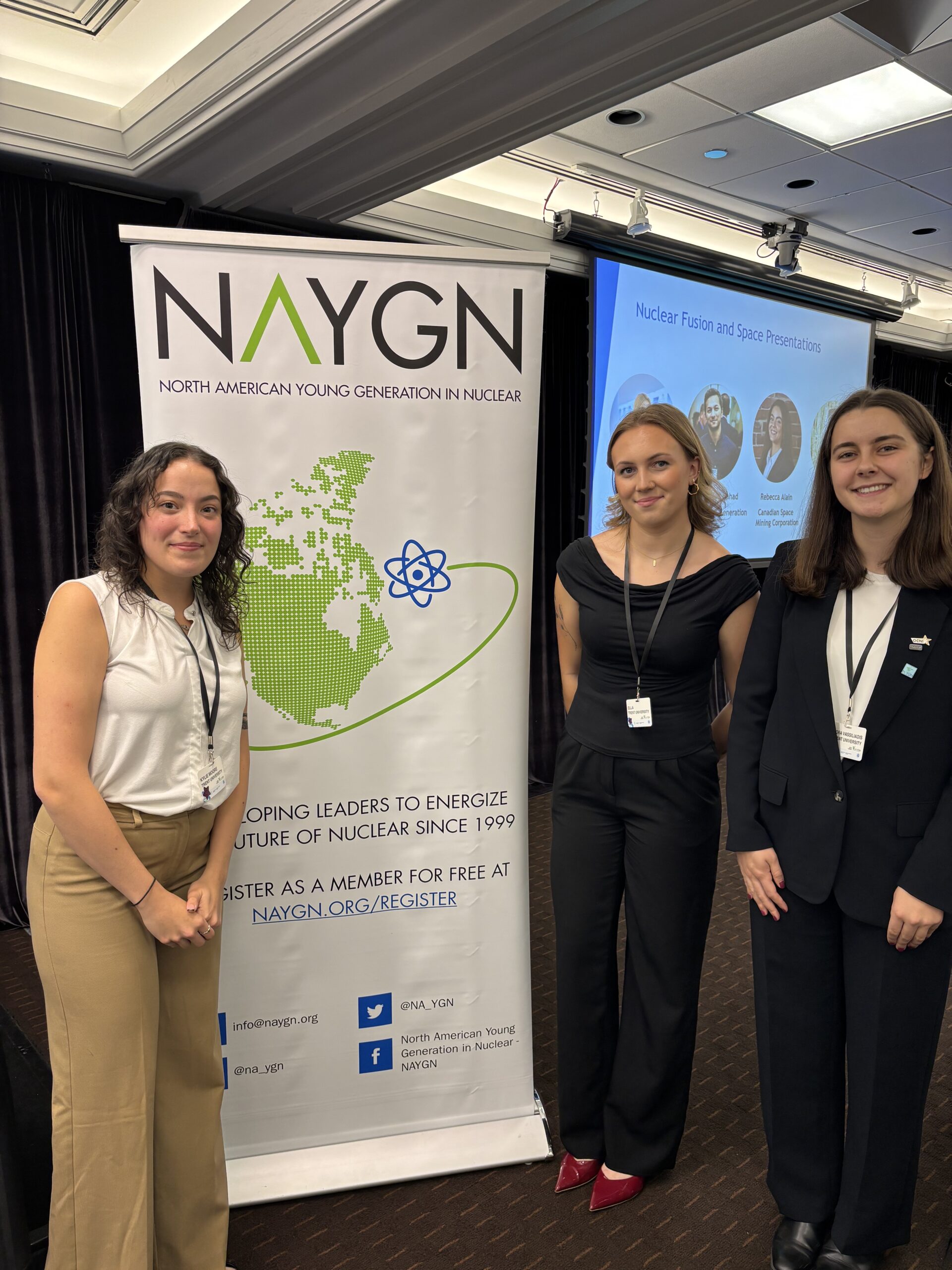Canadian Chapters and Members Meet with NRCan to Discuss Modernizing Canada’s Radioactive Waste Policy
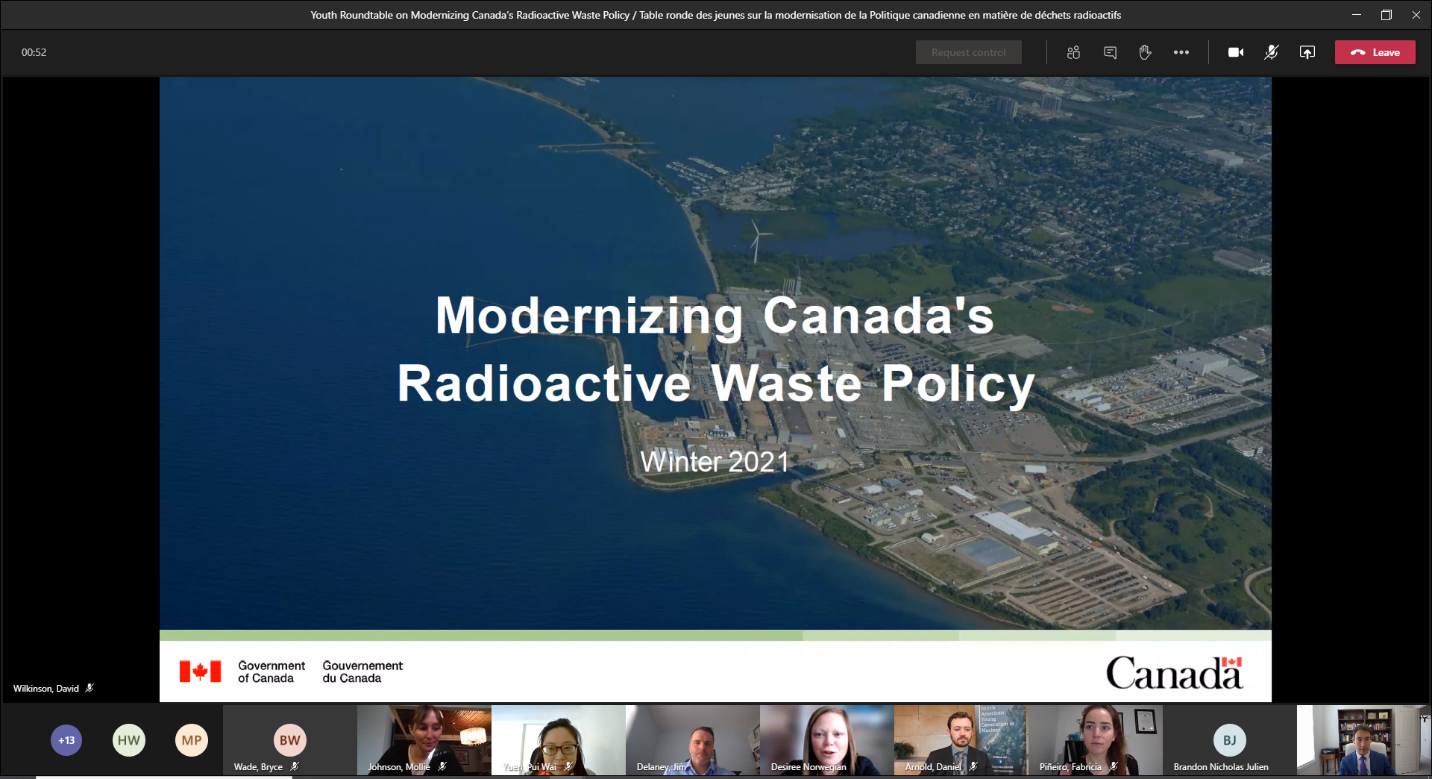
Canada’s Radioactive Waste Policy Framework was established in 1996 and consists of a set of principles governing the institutional and financial arrangements for disposal of radioactive waste by waste producers and owners.
On November 16, 2020, the Minister of Natural Resources Canada (NRCan, Canada’s equivalent to the U.S. Secretary of Energy) launched an inclusive engagement process to modernize Canada’s Radioactive Waste Policy.
Within a week of the announcement a representative from NRCan reached out to Canadian Operations Officer, Matthew Mairinger, to share their plans for engagement with the public going forward and to seek feedback from the youth perspective. Over the coming months we shared with the NAYGN members how to get involved and had NRCan provide an information session on the Radioactive Waste Policy Review process with our NAYGN chapter leaders on December 15th 2020. The next step in engagement was setting up a youth roundtable with NRCan, including the Assistant Deputy Minister Mollie Johnson. In this roundtable we had over 20 NAYGN chapter leaders from across Canada participate and provide feedback/comments/thoughts on the four discussion papers – waste minimization, waste storage facilities, decommissioning, and waste disposal. Some feedback our membership shared included:
- There is currently no mention of education in the overarching principles or the roles and responsibilities. We feel education should play a key part going forward to educate the public on nuclear as well as radioactive waste.
- Care should be taken in regards to the choice of words, for example “polluter pays” is a historical term but gives the wrong context to the industry.
- Consideration should be given to optimization – nuclear plays a pivotal role so the volume/hazard of waste from nuclear should be compared both with natural background radiation as well as equivalent waste/harm from other energy sources.
- The government should strongly encourage the use of reprocessing/recycling techniques as they become available
- For waste storage there should be additional criteria differentiating storing spent fuel at traditional CANDU sites (which have a large security force onsite and infrastructure) vs. having a centralized location for SMR/MMRs (since these may be in isolated/remote communities without the supporting infrastructure).
- For waste disposal we stressed the need to have a permanent site as this provides confidence to the public. The adaptive phase management is still a best practice but the ultimate disposal facility needs to be available to provide flexibility and instill public confidence.
- There were mixed views on prompt vs. delayed decommissioning, however there was an emphasis on maintaining knowledge transfer and the need for transparency when the utility seeks the license with the regulator during public hearings (if delayed – how long, what is the benefit in terms of safety/environment/health if decommissioning is delayed, etc.)
We encourage our members to read the short (4 page) discussion papers and provide feedback to the government on the online forums here: the engagement phase will remain open until March 31st, 2021. In the Spring of 2021 NRCan will compile and release a “what we heard report” and in the Fall of 2021 the modernized policy will be released.
